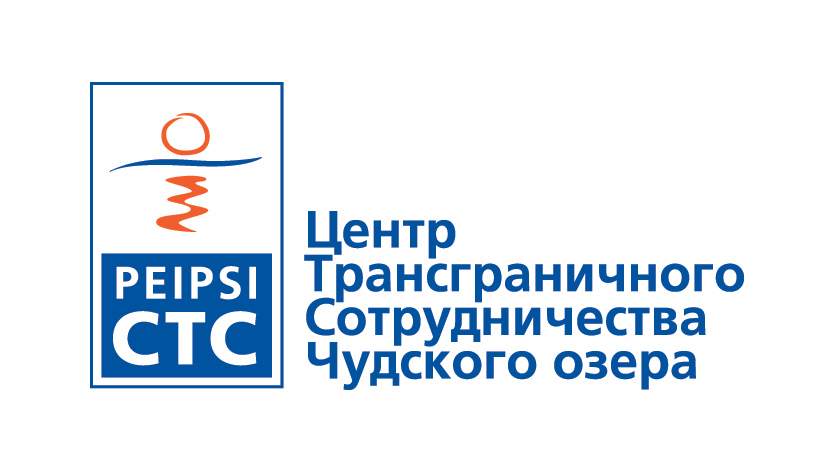Borders in Globalization, with support from the Jean Monnet Network through the Erasmus+ Programme of EC, is again offering the online open course European Borders without Walls: What Can the World Learn from EU Border and Immigration Policies?
The recent and ongoing migration situation in and around Europe is forcing European policy makers to address past and future challenges to integration. The decisions they are making will have a long-standing impact on the EU. This course examines how the responses to the crisis are shaping Europe’s borders, migration and related security policies in exemplary ways from a comparative perspective and context.
The course features the following 12 units:
· General introduction: Defining borders
· Is our world a borderless world: Borders in history
· Cultures and borders
· Political communities and borders
· Market and functional linkages and borders
· Governments and borders
· Security policies and borders
· Environmental policies and borders
· Immigration and borders
· Border disputes
· Theorizing borders: Borders as a cultural, social, or political object
· Theorizing borders: Borders as a functional object
Each of the course’s units introduces a fundamental aspect of our era of changing borders, and uses a variety of learning activities to illustrate the topic. Video clips, short readings, quizzes and online lectures lead to weekly group discussion and assignments.
The online course opens on September 5, 2018 and closes on December 5, 2018.
This course is available for free by registering through Continuing Studies.
Please direct any questions to Alex Norfolk at borders@uvic.ca or contact Dr. Brunet-Jailly directly at ebrunetj@uvic.ca.
*****************************************************************************
BIG (Borders in Globalisation) is international research network, where Peipsi CTC also participates.
